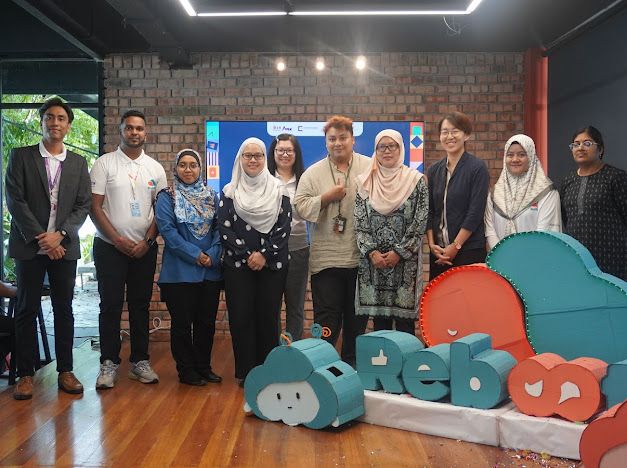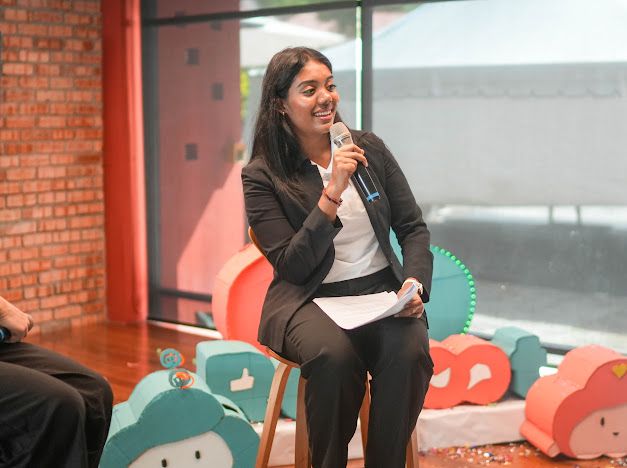RESHAPING DIGITAL WELL-BEING: THE 'REBOOT' CAMPAIGN AGAINST DIGITAL DEPRESSION
USM PENANG, 8 December 2023 – The concept of digital depression, often associated with the Fear of Missing Out (FOMO) and triggered by the excessive use of social media, highlights the potential negative impact of modern technology on mental health.

Beyond merely following trends, FOMO extends to a pervasive sense of anxiety and weariness arising from continuous digital engagement.
Research has brought to light a significant correlation between frequent internet use and depression, underscoring the critical need to comprehend and address the potential mental health repercussions of our digital lifestyles.
Recognising the urgency of this issue, the Universiti Sains Malaysia (USM) School of Communication (SOC) has recently taken a proactive approach in an effort to reshape the perspectives, bridge the widening gap and advocate for positive changes within the community, launched the ‘Reboot’ campaign for digital health.
This initiative was organised by the School’s Persuasive Communication Students 2023/24 with the aim to foster awareness, encourage mindful digital practices, and contribute to a healthier and more balanced relationship with technology in the community.
Through such initiatives, there is potential to mitigate the adverse effects of digital depression and promote overall well-being in the age of pervasive digital connectivity.
Present at the pre-launching ceremony was the USM SOC Dean, Associate Professor Dr. Bahiyah Omar at The Bricks, USM.
According to ‘Reboot’ Project Director, Elangkoven Nair, this campaign is an early prevention mechanism against the negative effects of excessive use of digital technology, especially the issue of digital depression.

“The 'Reboot' campaign highlights the four main objectives which are to raise awareness about digital depression, encourage early detection of depression symptoms, break the stigma around mental health and increase responsible digital use by acting to seek help.
"Furthermore, this campaign can also encourage open discussions about mental health and digital consumption habits, as well as provide important resources and support for those caught up in digital depression,” she said.
She also added by saying that this campaign is expected to create a more informed audience regarding the issue of digital depression, while also improving mental well-being.
Meanwhile, Senior Lecturer in Psychology from the School of Social Sciences (PPSK) USM, Dr. Chooi Weng Tink said that digital depression does not only impact productivity and daily life quality but carries broader implications for the country's development.
“Emotional and mental disturbances resulting from excessive digital engagement hinder focus on studies, relationships, and contribute to potential mental disorders.
“While we can't prevent youth from embracing technology, responsible usage is paramount. Parents must monitor and enforce limits to prevent children from becoming 'slaves' to technology,” said Chooi.
In order to overcome the problem of digital depression from continuing to be poor, she suggested that the use of devices can be controlled especially for children and teenagers and even parents should not use the device as a substitute to ensure that their children do not cry at the dinner table.
“To combat digital depression, control device use, prioritise family time, appreciate nature, ensure sufficient sleep, and consciously limit device use beyond normal hours,” she added.
Text: Nur Farrah Ezlin Mohd Suhaimi/Photo: Reboot Community
- Created on .
- Hits: 700
